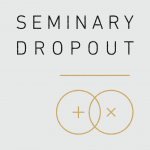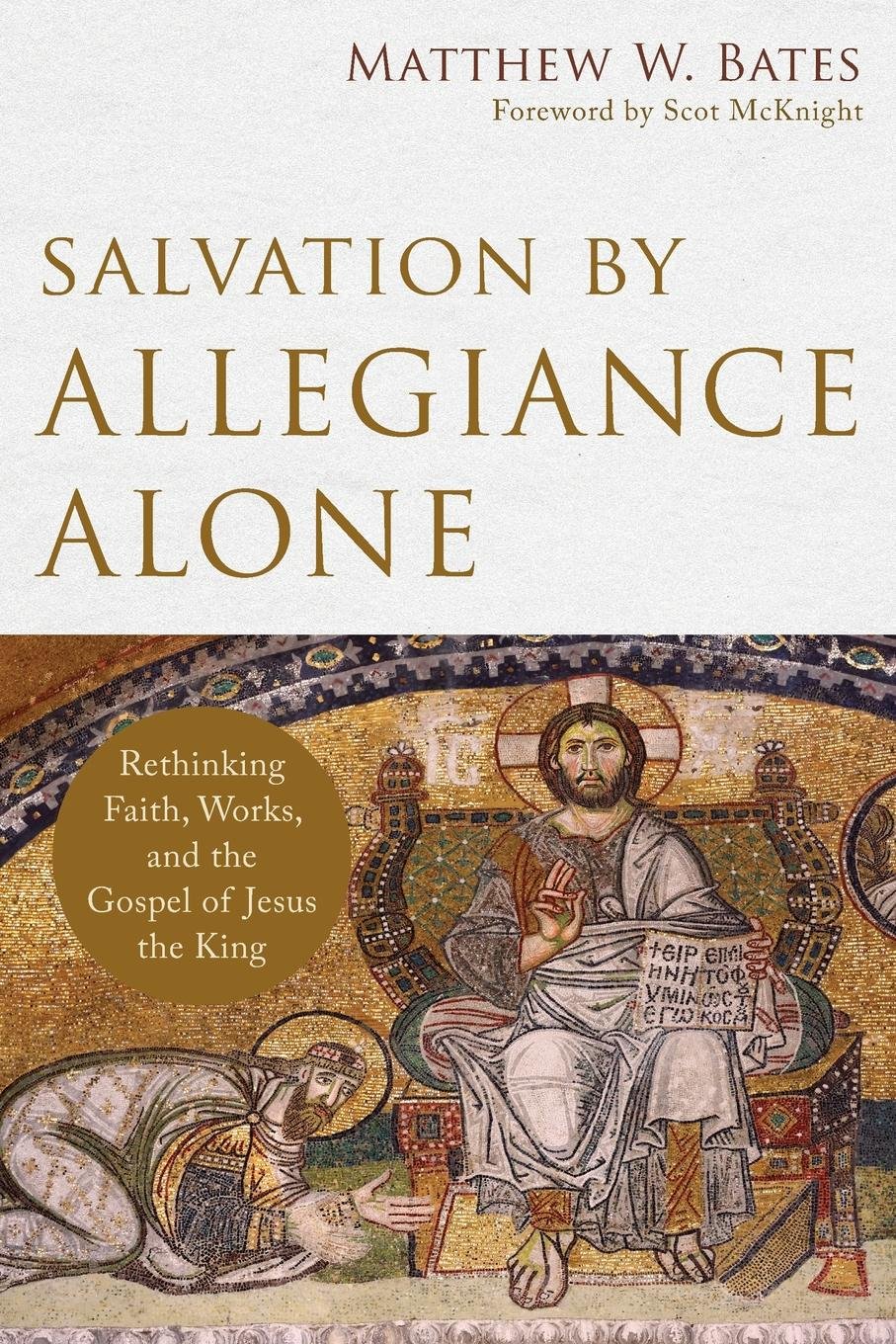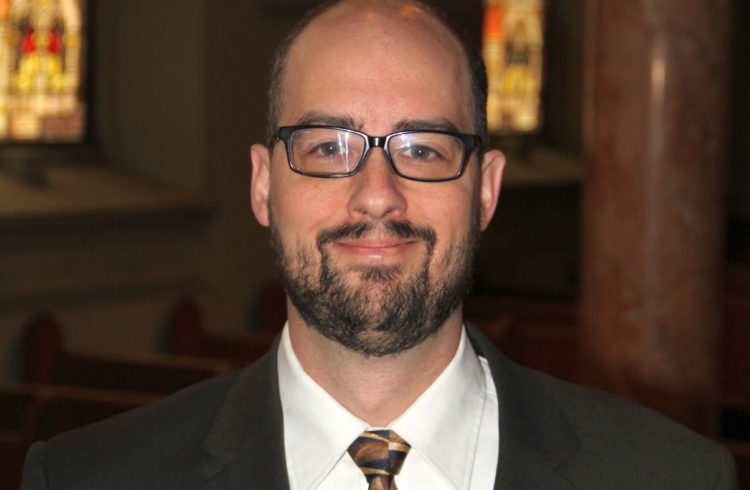
This Week on Seminary Dropout…
Matthew W. Bates (Ph.D., University of Notre Dame) is Assistant Professor of Theology at Quincy University. His main teaching area is the Bible and early Christian literature, especially the New Testament. He also teaches courses in Western Religion, Church History, and Christian Spirituality.
Dr. Bates writes with a posture of faith seeking understanding, with a desire to serve the church, academy, and any reader of goodwill. A new book, Salvation by Allegiance Alone (Baker Academic, 2017) is now available for order. His recent The Birth of the Trinity (Oxford University Press, 2015) focuses on how certain reading strategies helped early Christians to see that the one God can be differentiated as multiple persons. He has also written on the Apostle Paul’s method of interpreting Scripture: The Hermeneutics of the Apostolic Proclamation (Baylor University Press, 2012). A current book project, to be published by Eerdmans, explores the process by which Jesus came to be enthroned as king, as well as the theological implications for us today.
Dr. Bates co-hosts a popular podcast on biblical studies called OnScript. The podcast focuses on interviewing authors in the field of biblical studies about their recent books. He has hosted some of the most renowned biblical scholars in the world.

We are saved by faith when we trust that Jesus died for our sins. This is the gospel, or so we are taught. But what is faith? And does this accurately summarize the gospel? Because faith is frequently misunderstood and the climax of the gospel misidentified, the gospel’s full power remains untapped. While offering a fresh proposal for what faith means within a biblical theology of salvation, Matthew Bates presses the church toward a new precision: we are saved solely by allegiance to Jesus the king. Instead of faith alone, Christians must speak about salvation by allegiance alone. -From the Publisher


Missio Alliance Comment Policy
The Missio Alliance Writing Collectives exist as a ministry of writing to resource theological practitioners for mission. From our Leading Voices to our regular Writing Team and those invited to publish with us as Community Voices, we are creating a space for thoughtful engagement of critical issues and questions facing the North American Church in God’s mission. This sort of thoughtful engagement is something that we seek to engender not only in our publishing, but in conversations that unfold as a result in the comment section of our articles.
Unfortunately, because of the relational distance introduced by online communication, “thoughtful engagement” and “comment sections” seldom go hand in hand. At the same time, censorship of comments by those who disagree with points made by authors, whose anger or limited perspective taints their words, or who simply feel the need to express their own opinion on a topic without any meaningful engagement with the article or comment in question can mask an important window into the true state of Christian discourse. As such, Missio Alliance sets forth the following suggestions for those who wish to engage in conversation around our writing:
1. Seek to understand the author’s intent.
If you disagree with something the an author said, consider framing your response as, “I hear you as saying _________. Am I understanding you correctly? If so, here’s why I disagree. _____________.
2. Seek to make your own voice heard.
We deeply desire and value the voice and perspective of our readers. However you may react to an article we publish or a fellow commenter, we encourage you to set forth that reaction is the most constructive way possible. Use your voice and perspective to move conversation forward rather than shut it down.
3. Share your story.
One of our favorite tenants is that “an enemy is someone whose story we haven’t heard.” Very often disagreements and rants are the result of people talking past rather than to one another. Everyone’s perspective is intimately bound up with their own stories – their contexts and experiences. We encourage you to couch your comments in whatever aspect of your own story might help others understand where you are coming from.
In view of those suggestions for shaping conversation on our site and in an effort to curate a hospitable space of open conversation, Missio Alliance may delete comments and/or ban users who show no regard for constructive engagement, especially those whose comments are easily construed as trolling, threatening, or abusive.